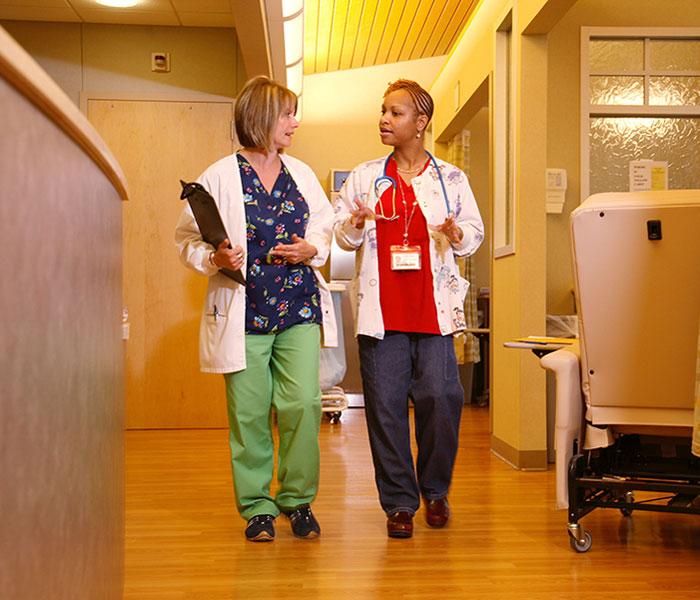Cancer statistics and the complex care needs of patients with cancer hold great significance for nurse educators. The American Cancer Society (ACS) estimates that 14 million Americans are living with cancer, and another 1.6 million new cancer cases are anticipated to be diagnosed in 2016. Added into this statistical mix is the high prevalence of comorbidities in the four most common cancers. Many older adults with cancer have two or more coexisting conditions and are at risk for developing others throughout survivorship care.
The end result? Patients who have cancer risk factors, have been treated for cancer, have experienced the effects of treatment, and are currently living with cancer as a comorbidity are being cared for in every clinical setting. All nurses, not just those in oncology, need to have foundational cancer-related knowledge and skills. And, nurse educators must have the essential resources to assist students and nurses in learning to care for this growing patient population.
Unfortunately, a notable gap exists between the perceived importance for the inclusion of cancer-related content in prelicensure curriculum and the actual depth of content that is currently integrated. Therefore, most new nursing graduates are unprepared to meet the complex care needs of patients living with cancer. Additionally, practicing oncology nurses are lifelong learners who need to attain and maintain competency to provide safe, effective, and quality care to patients with cancer and their caregivers. However, limited resources and instruction time present challenges in meeting the needs of nursing students, as well as causing constraints during essential teachable moments with novice and proficient nurses.
ONS is addressing these gaps in cancer-related knowledge and learning in an effort to advance the quality of cancer care and patient and staff safety. ONS is identifying strategies and initiating innovative collaborative work that will ensure the integration of oncology content into nursing curriculum and minimum licensure requirements. Additionally, the ONS Educator Resource Center (ERC) provides appropriate and practical evidence-based curriculum content that is applicable for various cancer nursing education needs.
The ONS ERC is a repository of hundreds of adaptable teaching-learning resources that can enrich educational programming. Whether you have a few minutes or an hour to devote to a cancer-related topic, the ERC has appropriate teaching tools, learner assessments, and student handouts at both basic and advanced levels. In academia, the ERC resources can enhance classroom and clinical rotation instruction. For staff development educators, the ERC has tools you can use to complement orientation programs for new generalist nurses and APNs, and to develop in-services, knowledge review sessions, and competency evaluation for proficient nurses. ONS is working to address the gaps in complex care for patients living with cancer, and the ERC is just the start.






